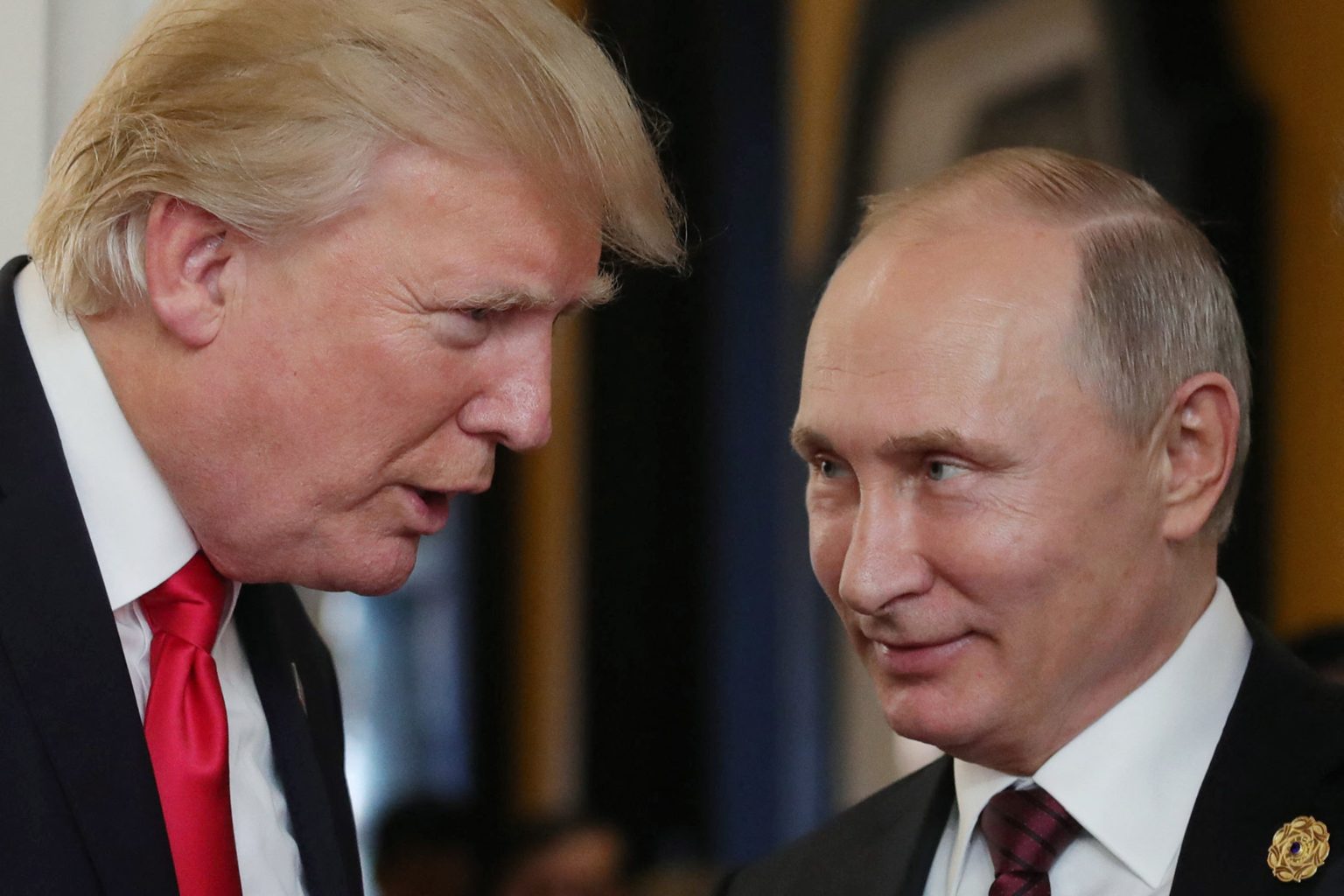The 2022 Russian invasion of Ukraine triggered an unprecedented wave of Western sanctions aimed at crippling the Russian economy and forcing a swift end to the conflict. However, initial optimism about the sanctions’ effectiveness proved premature. Despite the rhetoric, Europe’s dependence on Russian energy, particularly natural gas, actually increased in the years following the invasion, providing Moscow with a crucial lifeline. Furthermore, a significant number of Western companies, including several prominent American brands, maintained their presence in the Russian market, defying expectations of a mass exodus. This combination of factors allowed the Russian economy to weather the initial storm, even experiencing modest growth and a decrease in unemployment, fueling a narrative of Russian resilience in the face of Western pressure.
However, as the conflict drags on, the cumulative impact of the sanctions and the war’s economic burden are starting to take their toll on Russia. While official inflation figures remain relatively low, the Central Bank has been forced to repeatedly raise interest rates to combat inflationary pressures, creating a challenging environment for businesses operating within Russia and raising the specter of widespread bankruptcies. The cost of essential goods and food staples continues to rise, impacting the daily lives of ordinary Russians and eroding public support for the war. Increasing income inequality, with public sector wages and pensions struggling to keep pace with inflation, further exacerbates the economic strain on Russian citizens.
The shift in public sentiment is becoming increasingly apparent, even within pro-Kremlin media outlets. Initial calls for total victory have been replaced by a growing chorus advocating for negotiations with Ukraine. The Kremlin, acutely aware of this shift and the deteriorating economic situation, has instructed state media to avoid discussing the 2025-2027 budget, which earmarks a staggering 41 percent of federal spending for national security and defense, a clear indication of the strain the war is putting on Russia’s finances. The military, too, is feeling the pinch, resorting to increased wages and signing bonuses to attract recruits, a sign of concern over the potential social and economic disruption of another mobilization.
One of the most telling indicators of Russia’s economic vulnerability is the dramatic decline in its hard currency reserves, plummeting from $117 billion in 2021 to a mere $31 billion by late 2024. This dwindling reserve has forced Russia to increasingly rely on its National Wealth Fund to maintain solvency, raising concerns about the country’s long-term economic viability. Experts predict that Russia could exhaust its liquid reserves within the near future, necessitating drastic measures like budget cuts, price controls, and even rationing, potentially sparking further social unrest and instability.
This precarious economic situation presents a crucial opportunity for the United States and its allies to recalibrate their strategy towards the conflict. The incoming U.S. administration, under pressure to deliver a swift resolution to the war, should consider adopting a “maximum pressure” strategy similar to the one employed against Iran during the previous administration. This approach would involve intensifying economic sanctions and diplomatic pressure on Russia, aiming to exploit its growing economic vulnerabilities and force the Kremlin to de-escalate the conflict and engage in meaningful negotiations with Ukraine.
The key to ending the war in Ukraine lies in making the economic and political costs of continuing the conflict unbearable for the Russian government. By leveraging Russia’s economic fragility, the international community can create the necessary incentives for a negotiated settlement and bring an end to the devastating conflict that has gripped Europe for far too long. The focus must be on amplifying the existing economic pressure, exploiting Russia’s financial vulnerabilities, and ultimately compelling the Kremlin to choose a path towards peace.

